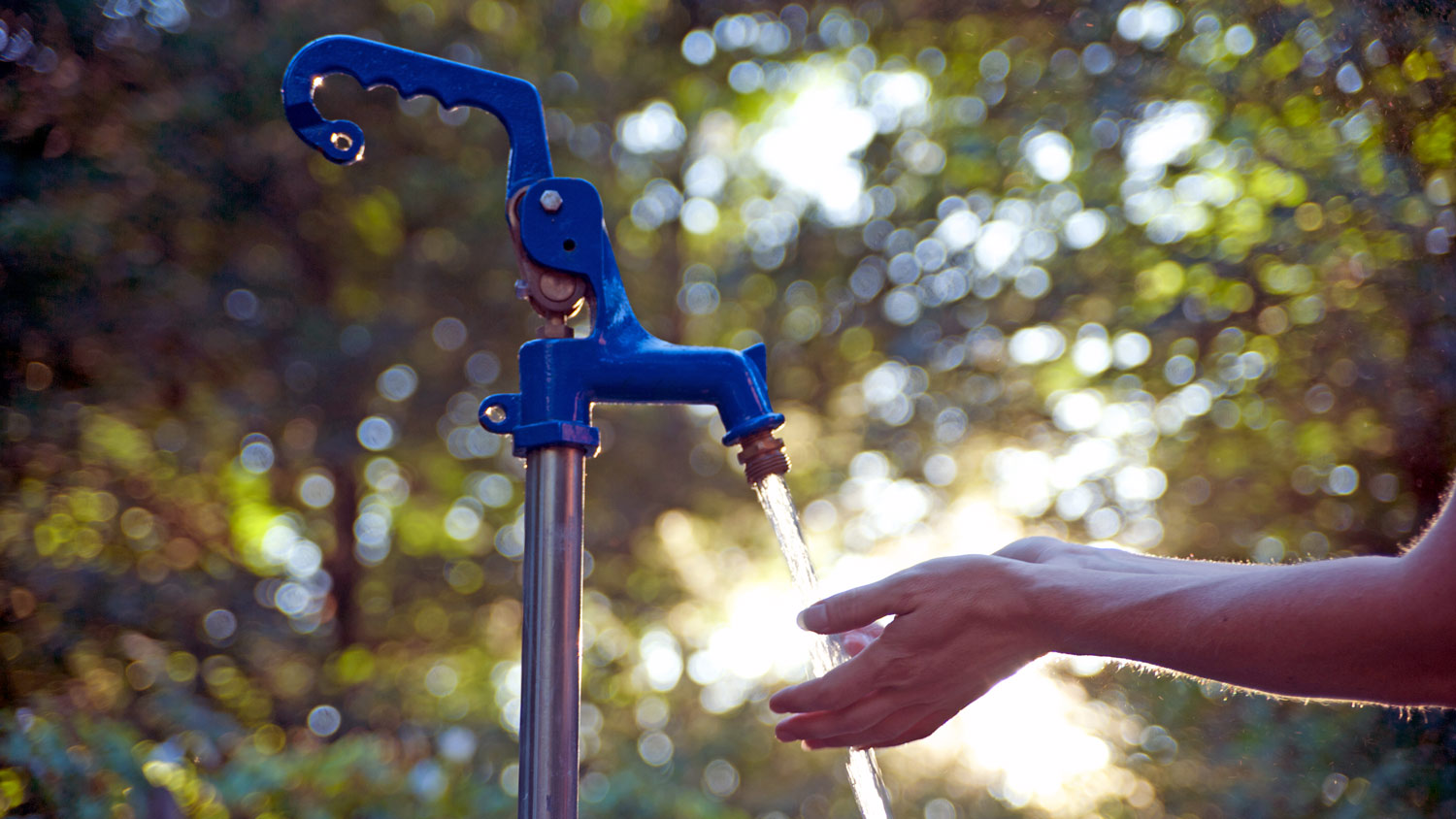
Discover how much well water treatment systems cost, including installation, maintenance, and tips to save. Get expert insights to plan your water system project.
Get to the bottom of why your softened water tastes salty


The salty taste that some softened water gets is caused by the sodium that is used to neutralize minerals in hard water.
In some cases, a sudden salty taste could be caused by an issue with the public water supply or well groundwater.
Water softener systems can also experience mechanical issues caused by power outages or incorrect settings.
A clog is the most common reason why softened water tastes salty.
What is happening if my softened water tastes salty? While you may be wondering if your taste buds are playing tricks on you, saltiness is actually a common problem in treated water. This is a sign of excess sodium. While water softeners use sodium to replace hard minerals, you shouldn't actually be able to taste salt in a properly balanced system. With water softener repair costs ranging from $160 to $1,000, getting a small issue repaired early will help you avoid feeling salty and overpaying a lot. Here's a look at common reasons why your tap water tastes salty.
Water softeners rely on a water pressure between 45 PSI and 70 PSI to function properly. Your water softener will not work at all if pressure drops below 30 PSI. While you may suspect that saltiness is caused by something that's going on with your system, the root cause could be an issue with your well or local water supply. If you notice a "sudden" salty taste in water that comes from a public water supply, it's possible that a broken water main is affecting your neighborhood. If the sudden change comes from your own well, there could be an issue with your groundwater supply.
If your city or well water is simply saltier than average by nature, you should consider a treatment option. The most common way to eliminate excessive sodium from water is to use a reverse-osmosis filter. By pushing water through a trail of semi-permeable membranes, these types of water filters remove excess salt from water.
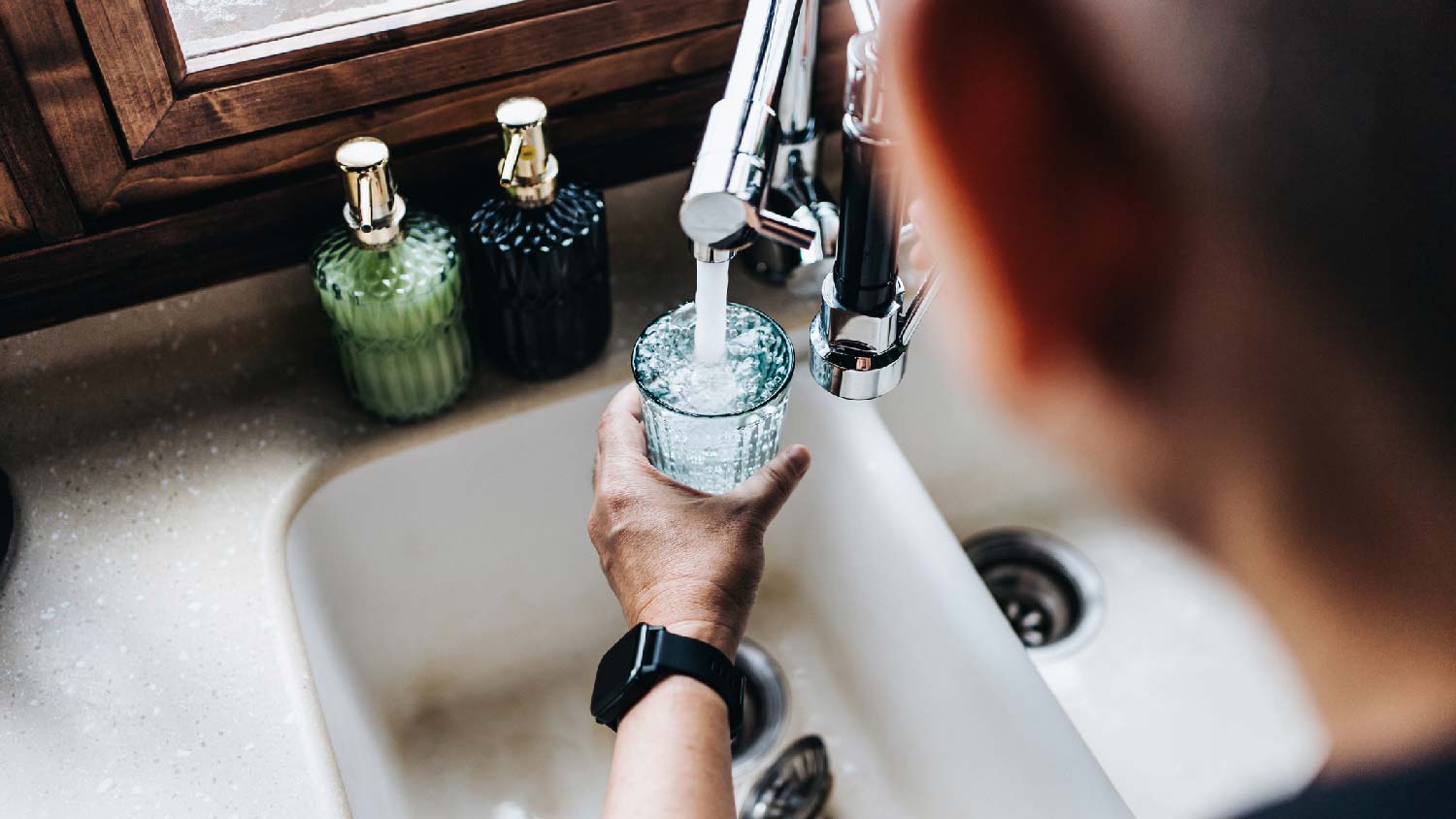
Softened water can taste salty if the wrong control settings have been programmed into the system. Confirm that your settings create the ideal salt concentration. The most common mistake that people make is to use the wrong setting for water hardness. Ideal hardness is 3.5–7 grains per gallon (gpg).
Using suction, the brine injector regulates the flow of your filtration solution from the brine tank to the resin tank. This pulls the solution between tanks. However, hard minerals and sediment can form debris over time that obstructs water flow.
If you want to check for a clog yourself, you'll need to pull the injector out carefully using pliers. Can you see light coming through the nozzle? This indicates a clog. To unclog the injector, push the debris through with a needle before replacing it.
Individual components on the brine valve can also get worn down over time. If your seal, piston, or other key part becomes compromised, you'll need to replace the valve. A valve that drips should be replaced. However, it should be noted that doing any kind of repair work can be challenging if you don't already know how to install a water softener.
Did your home temporarily lose power? This is actually one of the surprising causes behind why softened water tastes salty. When a softener's regeneration cycle is interrupted, the resin tank can keep the sodium that would have normally been cycled through. The good news is that this unexpected saltiness will resolve itself during the next cycle. Get into the habit of running a manual cycle after a power outage to get ahead of the issue.

If you suspect that your softened water tastes salty due to an issue with your drain line, start by inspecting the flow control area within your system. Salt and sediment commonly build up in this area. Next, take a look at the actual drain line. You can feel for buildup or hard spots by running your hands along the entire length of the line. A gentle cleaning should take care of any debris.
In some cases, a salty taste in your softened water is caused by an overflow within the brine tank. When excess salt builds up in the brine tank, more salt than usual can get absorbed. Clogs and salt piles are usually behind overflows. While reducing the water down to pre-overflow levels is important, this won't solve the problem fully. It's likely that the tank will overflow again unless you figure out the underlying cause of the overflow.
Diagnosing why your brine tank is overflowing can be challenging. If you'd like to avoid the mess and hassle that go along with taking apart a tank to find the underlying cause of why your softened water tastes salty, consider calling a professional. Most local water softener installers also offer diagnostic services and repairs to help get your water tasting fresh and delicious again.!
You’ll likely need 40 pounds of water softener salt per month to efficiently run your water softener. However, the precise amount you need will depend on the size of your tank, the type of water softener salt you use, the hardness of your water, and your daily water usage.
Larger households will use more water and go through salt quicker, so you may need to replenish more often than once per month, pushing you above the 40-pound average. If there are only one or two people in your household and you don’t use much water, you may be able to use slightly less salt. A local water softening pro can offer you specific advice based on your usage habits.
From average costs to expert advice, get all the answers you need to get your job done.

Discover how much well water treatment systems cost, including installation, maintenance, and tips to save. Get expert insights to plan your water system project.
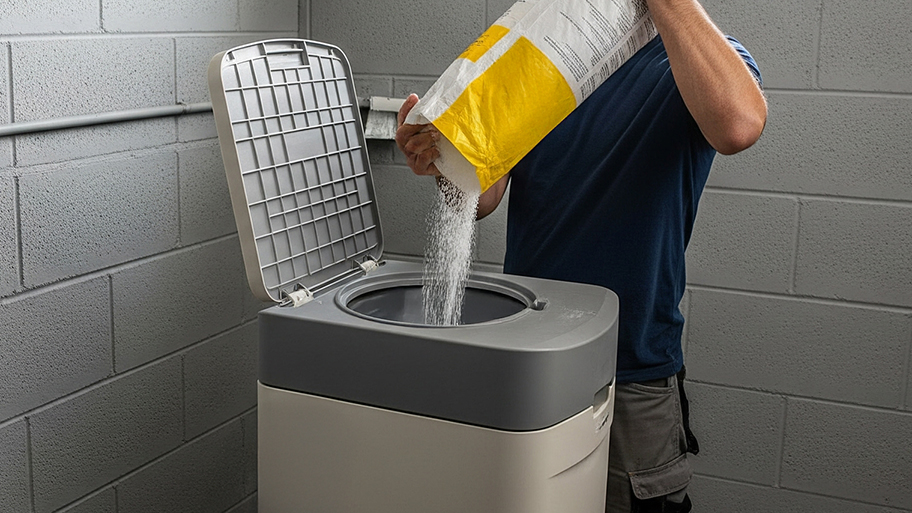
How much a water softener costs depends on your home’s size, and the system’s type and capacity. Our expert guide explores all the price factors.

Wondering about water treatment system costs? Learn average prices, key cost factors, and ways to save on installation and maintenance for your home.
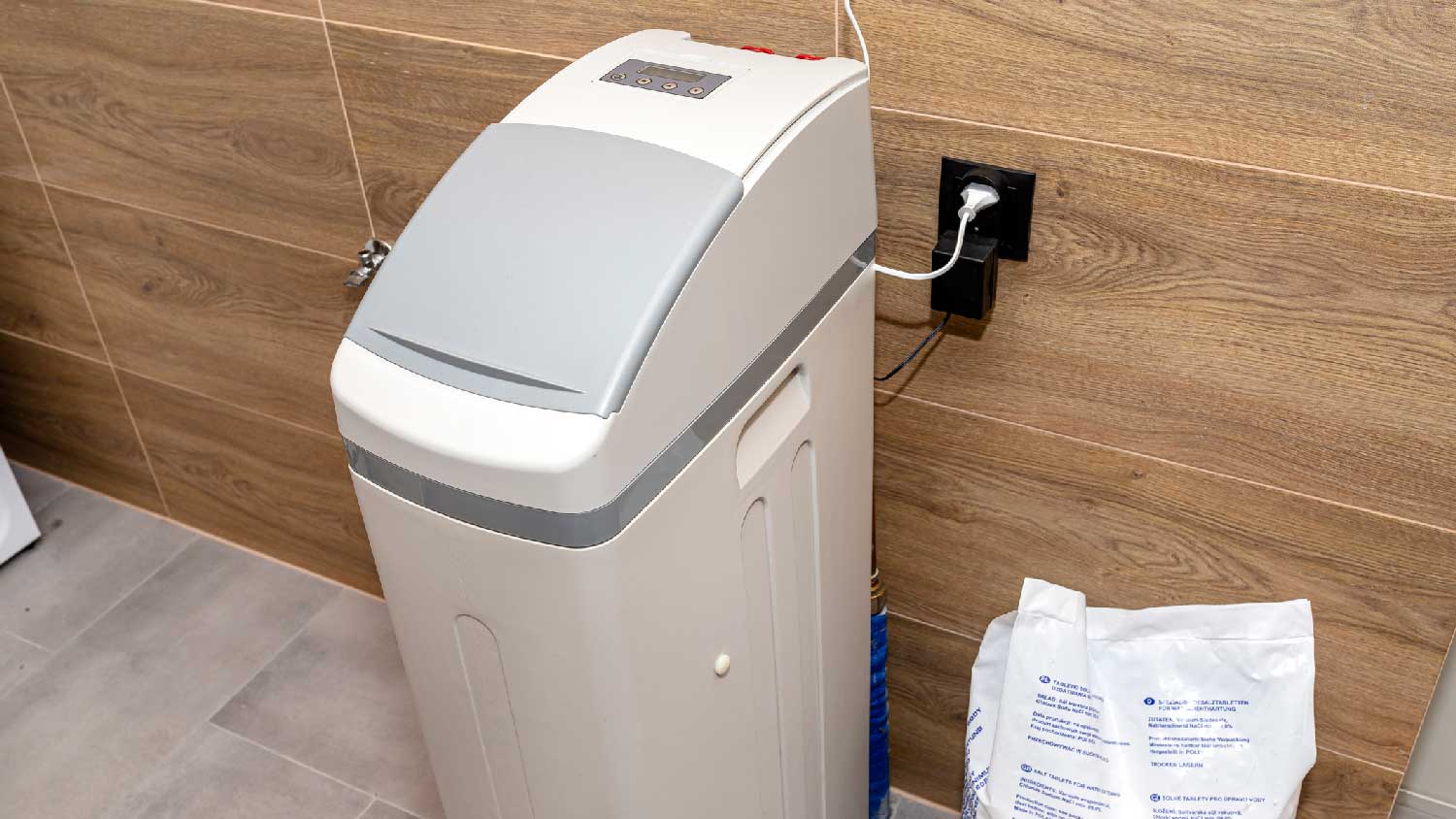
You can install a water softener in a few common spots. However, not all homes are the same, so read on and learn the best spots for this addition.
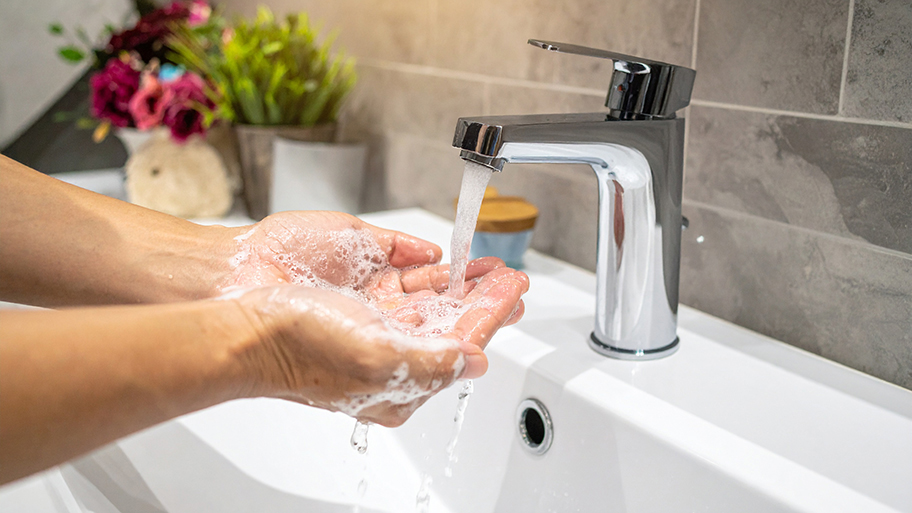
Need help dialing in your water hardness? Use this handy DIY guide on how to set a water softener to save money and get the best results possible.

Debating whether or not to buy a water softener? You should check if you have hard or soft water first. Learn how to test water hardness in four different ways.